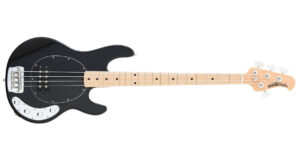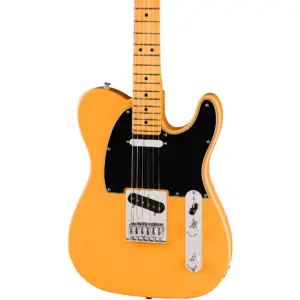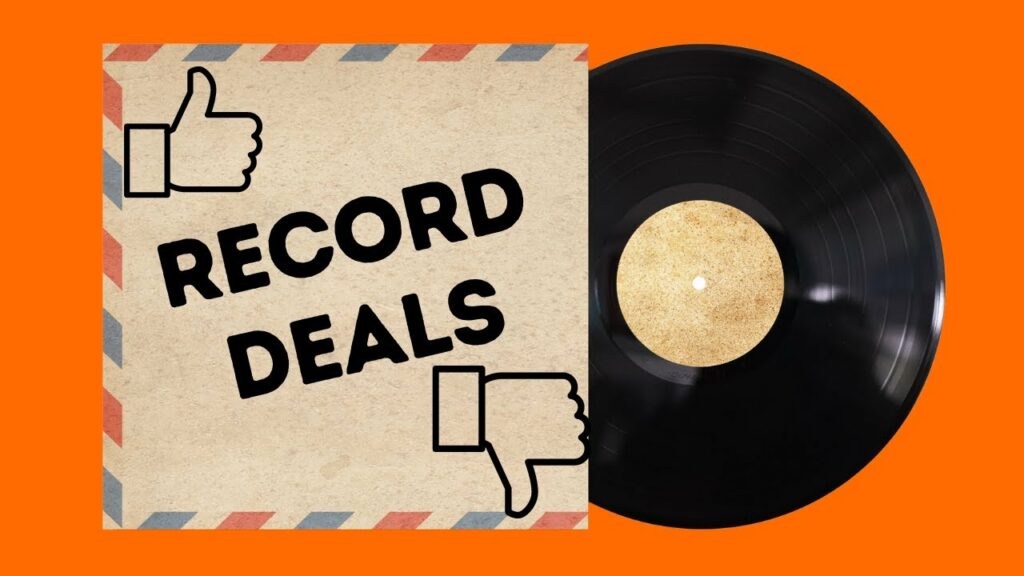You can write, produce and distribute music while sitting in your bedroom. You can hire an experienced individual to create your personal brand or learn to do it from the internet. Do you really need a record label when it’s so easy to work as a one-person army these days? Let’s find out.
Do Artists Need a Record Deal for Succeeding?
Access to distribution and marketing platforms
Global star Lauv is very vocal about how one can make it big without any record label backing. He has become a huge sensation among Gen-Z and has done it all on his own, releasing his music through a distribution service called AWAL. Artists now, unlike decades ago, keep track of the technological and business aspects of the music industry. Easy access to distribution services, branding opportunities and increasing management skills in artists are some of the developments which make us believe that musicians can become successful without a record deal.
Piyush Bhisekar, an independent artist with over 3 million streams on his debut EP Hai Bharosa believes that in this age of excessive availability of distribution and marketing platforms on the internet a lot can be achieved if the artist’s music connects with the audience.
Artists need their creative freedom
A MIDIA study from 2019 found out that 83% of independent artists believe that it is important for them to retain full creative control over their music. This need for creative freedom has made successful artists out of bedroom musicians. In 2020, indie artists were expected to generate $2 billion in streaming revenue.
There have been infamous instances of musicians leaving record labels due to creative differences. Lucy Rose, an English folk-pop musician, left Columbia Records after two albums because the label had become controlling and was forcing her to write the music she did not resonate with, just to sell records. She launched her independent label Real Kind Records, in partnership with Communion, a British record company.
Piyush thinks making good music with utmost creative freedom and reaching out to as many people as possible is important. He is also willing to work with record labels if his artistic vision is kept in mind while making the deal.
Another independent artist from an indie rock band called Naalayak believes record labels in India are not serious about the indie music scene. Sahil from the Chandigarh-based band says, “Labels are more focused on promoting commercial acts and are only interested in getting commission cuts from shows.”
Artist discovery by record labels
Artist discovery is a major role that record labels used to play, back in the day. Current trends in the industry suggest that most independent artists are discovered through social media, especially Instagram Reels and Tiktok. If an artist is too busy to build an audience for themselves on social media platforms, they hire professionals who do it for them.
However, record labels play a very crucial role in discovering artists as they have several A&R managers scouting for new talents all the time. Prabh Deep, a Delhi- based rapper is signed under Azadi Records and has been successful in dominating the hip-hop music scene in India. Since then, he has bagged deals with Puma and Bira91 and wishes to go commercial like Badshah someday.
An alternative rock band from Mumbai, The Yellow Diary, was signed by Sony Music after the music video for their single Marz got the attention of Vishal Dadlani and Raghu Dixit. The band has over 10 million streams on their Spotify and continues to take the music industry by storm with their latest collaboration with Shilpa Rao on their song Roz Roz.
How record labels work and what they think about signing artists
Record label contracts and their structures might sound very overwhelming to some artists, but they are essentially based on a mutually beneficial deal wherein the more successful the artists become, the more the record label earns. An artist’s success also gives them greater authority to renegotiate their contracts and ask for favourable changes.
A report from IFPI claims that it takes around £1 million of investment for a new artist to break into the mainstream. Record labels are the catalysts that can take care of the manufacturing, promotion and distribution of an artist’s music in exchange for the rights to their music.
Big Indie Bang, a subsidiary of Big Bang Music believes that labels help artists look at things with a 360-degree view and accelerate their journey with marketing support, better distribution and overall support.
An official from the label said, “I look at it like this – you can go publish your own book at a printing press and can be successful at it too. A book publisher will make sure that the book is available everywhere and on the first shelf when you walk into a store. I think successful labels do that for new music releases and artists – they leverage their networks to get maximum visibility for the artists.”
In this digital age, some of the big record labels also offer 360 deals to their artists that give them a commission from all the artist’s work which includes album sales, media appearances, and product endorsements.
Another label that houses a lot of famous acts under their belt is Azadi Records, and its Co-Founder Uday Kapur thinks that every label that has been essential in defining the sound of an era has elevated itself beyond handling the ‘business side of things and stood for something – a sound, a community or an idea. He says, “The role that labels have to play from a creative standpoint is geared more towards elevating the artist’s vision” However, he also believes that labels aren’t the only axis through which an artist can be successful, and it totally depends on whether they are the right fit for each other.
Should a new artist run after a record deal?
A few decades ago, new artists could not even fathom getting recognised without a big name backing them. Now that social media and the internet have revolutionised music, releasing music on your own has never been simpler. Nevertheless, record labels still hold their stand of accelerating an artist’s career in 2021 with companies discovering new talent on YouTube or in a live show every day.
An artist should always keep in mind what their goals as a musician are and look for labels that are ready to work at the same wavelength. It is the artist’s choice to associate their music and hard work with a company or independently try to break it into the industry. In the end, it all comes down to what feels true to them and their music.








